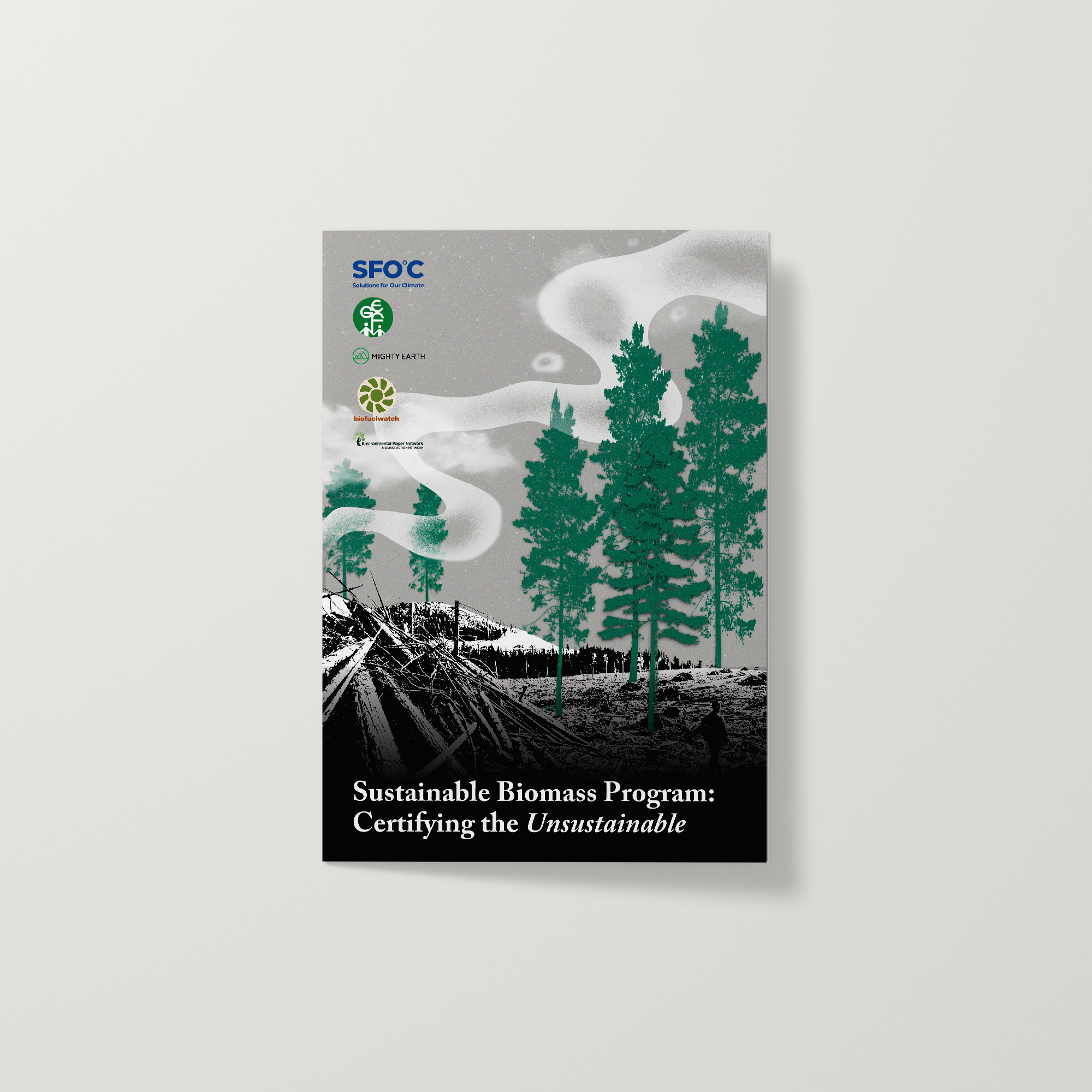
Executive summary
On December 18, 2024, the South Korean government announced a major reform of public support for biomass energy, phasing down indirect subsidies known as Renewable Energy Certificates (RECs) for most biomass categories. While this change largely heralds a step in the right direction to mitigate the controversial forest biomass, slow phase-out timelines and loopholes continue to threaten global forests.
New Biomass: No More RECs Issued
Starting in 2025, new biomass power plants will no longer be eligible for RECs. However, power plants under construction or in planning with approved business permits are exempt from this rule and subject to the phased reduction timelines for existing facilities.
Dedicated Biomass: REC Phase-down
From 2025, REC weightings for dedicated burning in state-owned power plants will be reduced to one-third of their current levels. From 2026, REC weightings for privately owned power plants will also be phased down. Unlike public facilities, the phase-out for private plants is tied to the facility’s age to protect the profitability of newer plants. Since most private facilities are only five to six years old, they will continue receiving high REC weightings well into the 2040s. It remains uncertain whether dedicated plants will reduce input levels or switch to domestic ‘unused forest biomass’ (industry-claimed forestry residues) and bio-solid refuse fuels (bio-SRFs) that continue to receive high weightings.
Co-firing: No RECs for Public Utilities, Phase-out for Private Utilities
Starting in 2025, state-owned power plants will no longer receive RECs for coal-and-biomass co-firing. However, state-owned co-firing facilities account for only 10% of South Korea’s biomass power fleet. From 2026, REC weightings for co-firing at privately owned power plants will be phased out. Unlike public facilities, the phase-out for private plants is tied to the facility’s age to protect the profitability of newer plants. With most private co-firing plants 10 to 11 years old, the phase-out will likely take over a decade to complete. It remains uncertain whether dedicated plants will reduce input levels or switch to domestic ‘unused forest biomass’ and bio-SRFs.
Domestic Forestry Residues: High REC Weightings Remain Unchanged
Burning ‘unused forest biomass’ will continue to receive high REC weightings. This category, introduced in 2018, has significantly expanded the domestic wood pellet and chip market, raising concerns about local forest sustainability. REC weightings for other types of biomass, including bio-SRFs made from waste wood and other plant-based materials, remain unchanged. While these fuels are not directly sourced from forests, the demand for bio-based feedstocks has intensified competition for waste wood, often violating cascading use principles or waste hierarchy.







![[Webinar] International webinar on enhancing due diligence of forest risk commodities' supply chains in Asia](https://content.sfoc.tapahalab.com/images/research/sjGudme.jpg)



![[토론회] 한국형 녹색분류체계(K-Taxonomy), 무엇이 녹색경제활동인가](https://content.sfoc.tapahalab.com/images/research/bn8jdme.jpg)

![[Webinar] Palm Oil based Biofuels Policy and Socio-Environmental Impacts in Asia](https://content.sfoc.tapahalab.com/images/research/BOpldme.jpg)






